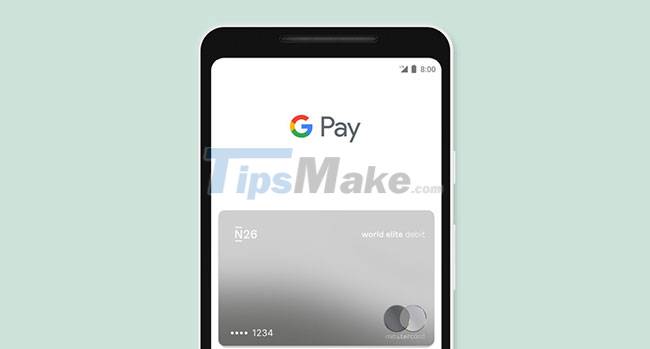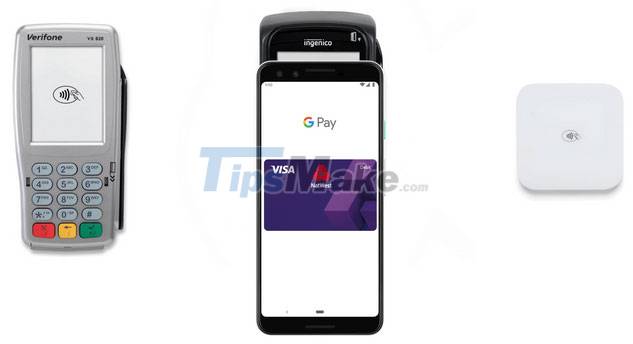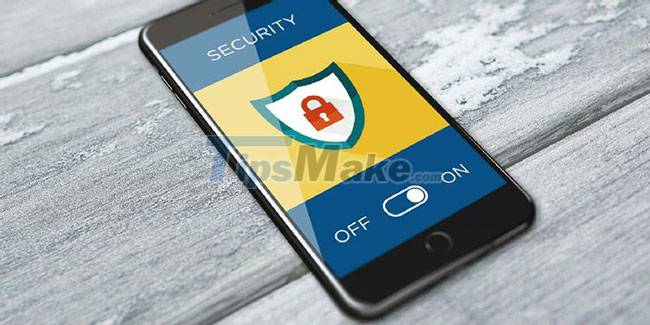Is Google Pay safe and secure?
Payment apps are growing in popularity as they provide a convenient alternative to cash and credit cards. Unfortunately, this also becomes a route for the bad guys to steal your money.
So how secure is Google Pay and can it protect you against fraud?
How does Google Pay work?

To use Google Pay, you need to provide a debit or credit card. It is not possible to use the service without doing so. You can add as many cards as you want. Each card then becomes a viable payment method when you want to deposit or pay for something.
The service also has a feature that allows you to choose whether to have funds received in the app as a balance or withdraw to a linked bank account.
Google Pay is increasingly popular for contactless payments in stores and restaurants. It uses Near Field Communication (NFC) and allows you to pay without revealing your card number.
8 things you should know about Google Pay

Google Pay scores well in terms of security, but it doesn't offer buyer protection. If you're thinking of trying out the service, here's what you should know about Google Pay's privacy and security features.
1. Google Pay hides your payment details
Google Pay is potentially safer than using a debit or credit card. Payments made with the app are conducted using tokens called "virtual card numbers".
Your actual card number is hidden throughout the transaction and this protects you from fraudulent merchants and security breaches.
A breach of security can happen at any retailer; Therefore, any app that allows you to hide your payment details is worth considering using.
2. Google Pay doesn't reveal your transactions
Google Pay uses NFC for direct payments. This is considered more secure than WiFi as data is only available within a maximum range of 4cm.
This means that if someone wants to interfere in a transaction, you will immediately notice they are doing it.
3. Google Pay is protected by your phone
To use the Google Pay app, you must first unlock your phone. Depending on your security settings, this may require a PIN or biometric authentication like Face ID.
This is in contrast to a card, where your card can be used by anyone. You decide how your phone is unlocked, but you can't set up Google Pay on phones that don't have a lock screen. The PIN must also be entered separately for large transactions.
4. Google Pay notifies you of suspicious payments
Payment apps are growing in popularity, and anything that's popular is a target for cybercriminals. Many online scams today specifically target Google Pay.
Google Pay uses Machine Learning technology to identify potential fraud. It also shows an alert whenever you send a payment to someone who is not in the contact list.
5. Can delete Google Pay remotely
If your phone is stolen and the thief is somehow able to unlock it, you can still protect your payment information.
Google Pay is connected to your Google account and is therefore accessible using the Find My Device feature. This allows you to delete all data stored in the application remotely.
6. Google Pay Doesn't Protect Buyers
Google Pay does not protect buyers. If you use Google Pay to buy something and don't receive it, Google won't investigate or give you a refund.
If the Google Pay transaction involves a bank card, you may still be protected by your bank's fraud protection. But the app itself does not provide any support.
7. Google Pay lets you not share data
Some people avoid Google products due to privacy concerns, but Google Pay actually offers a high level of security compared to the alternatives.
Privacy settings are controlled by signing in to your Google account. Here, you can choose not to share your transaction history with advertisers.
8. Google Pay can make transit easy
If you use Google Pay to pay for transit tickets, the app can be used against you. A security researcher at Black Hat 2021 has proven that anyone can use a lost or stolen phone to buy transit tickets.
Google Pay requires you to unlock your phone before making most purchases. However, you can set an automatic transit ticket purchase app by swiping your phone towards the PoS device. This allows the thief to use the app without knowing the PIN.
It's worth noting that this issue has only been identified as likely by security researchers.
How to use Google Pay safely

Google Pay is a secure app, but it's important to use it carefully.
When you install Google Pay or any other payment app, you're essentially giving your phone access to your bank account. This makes it even more important to optimize your phone's security settings.
Google Pay provides notifications after all transactions. It's important to check each transaction and report anything that looks suspicious.
Don't use Google Pay to send money to strangers. Your bank may offer fraud protection to protect some transactions, but the app itself won't help you, if you're the victim of a scam.
Should I use Google Pay?
Google Pay is a secure app with useful security features. It is said to be more secure than using a credit or debit card to shop, as your information is kept private. It also alerts when you send payments to strangers.
However, like most payment apps, Google Pay does not protect buyers. So it's important to be careful when deciding what to use it for.